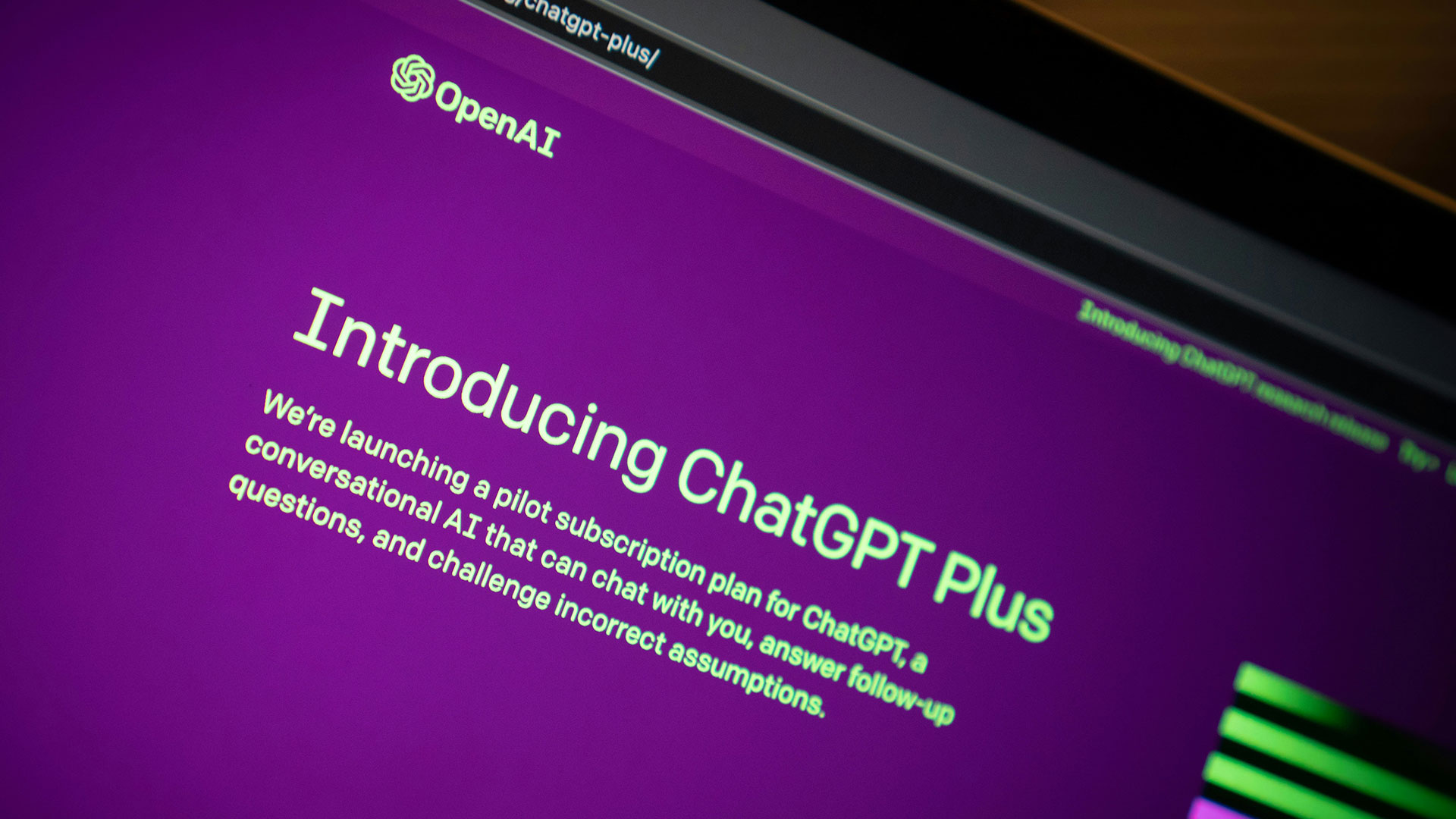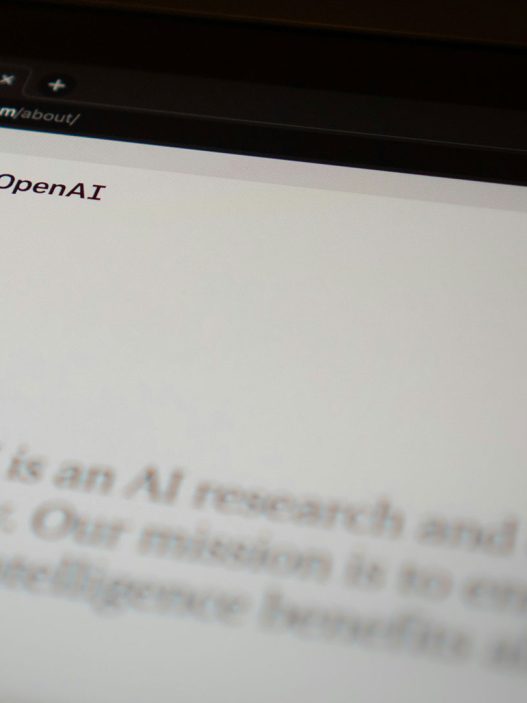Sam Altman is planning to make some further changes in OpenAI to transform the company from a non-profit to a for-profit organization. This is a shift that has been received by both positive and negative reactions. As a non-profit company, OpenAI was always regarded as a research focused lab, but the company is now valued at $157 billion due to the commercial success of its technologies, such as ChatGPT. A rich portfolio of this kind normally attracts regulators, who have to monitor and facilitate a smooth shift from a non-profit to a profit making company. OpenAI is already in talks with the California attorney general’s office in order to discuss the company’s future and establish a precedent in the artificial intelligence industry.
Getting ready for a ‘Profit’ transition
The ‘for-profit’ transition by OpenAI isn’t just about rebranding or classifying the company among the top earners, it’s a move that signals a significant shift in the company’s objectives and position in the market. The goal of OpenAI since its inception in 2015 has always been to guarantee that artificial intelligence will keep serving the interest of the people for the longest time possible. But it’s also worth noting that OpenAI’s ChatGPT application has opened doors for a profit-driven approach by providing immense financial value to the company. Now that OpenAI is planning to switch to a for-profit business model, it’s fair to say that this is an opportunity for Sam Altman to actively pursue market potential and also secure revenue streams which were previously off-limits.
Regulatory scrutiny and IP valuation
A significant aspect of OpenAI’s structural change involves scrutiny over how the company values its intellectual property. The California attorney general’s involvement hints at the complexities of placing a monetary value on assets that are both groundbreaking and potentially volatile. OpenAI’s intellectual property, especially its ChatGPT model, is not just highly lucrative but also transformative in nature, which complicates traditional valuation methods. If OpenAI’s IP portfolio is overvalued it risks attracting criticism, but when undervalued, it could face financial and legal repercussions. This will in turn make the transition more than a straightforward corporate change since it’s a complex negotiation of regulatory requirements and corporate ambitions.
Strategic Opportunities with a Profit-Driven Model
OpenAI’s shift isn’t purely about balancing legal requirements; it’s a calculated move toward greater influence within the artificial intelligence market. The shift to a for-profit model could even attract strategic investors who can fuel OpenAI’s growth, and push the company closer to its goal of developing a model of artificial general intelligence that will be commercially viable. OpenAI also stands to gain more control over its tech applications by becoming a for-profit company, since this is a move that will allow the company to direct its products toward specific industries and markets, including those from healthcare and finance to entertainment and retail. OpenAI is now positioning itself not just as a tech firm, but as a key player in industry transformation as more and more of these sectors begin to embrace the use of AI.
The Ethical Crossroads for OpenAI
OpenAI’s decision to shift to a for-profit model has raised questions around ethics and corporate responsibility in the company despite the huge financial potential it holds. The non-profit roots of the company were built on a vision of AI that prioritizes humanity’s collective benefit—a goal that some fear could be diluted by profit motives. As OpenAI becomes profit-focused, it faces a new level of accountability in ensuring that its technology serves public interests, not just shareholders.
How OpenAI navigates this balance could define its legacy and impact the AI field as a whole, something that will highlight the broader tension between innovation, profit, and social responsibility.
Image source: Unsplash.com























